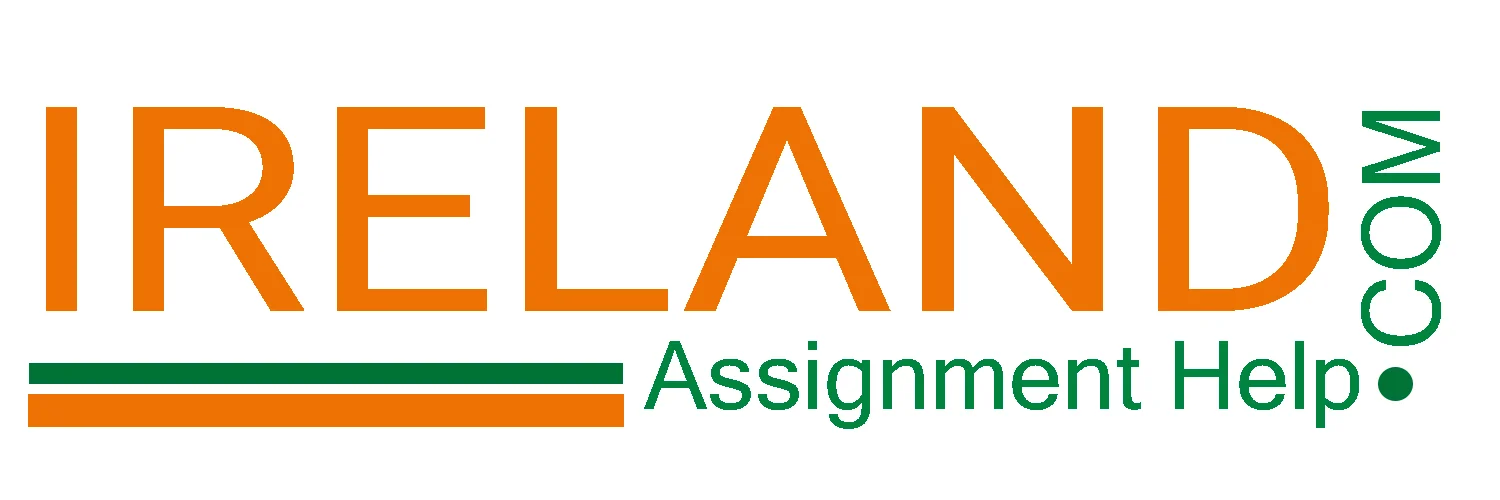What Is a Learner Record in QQI Courses
In this article, we will be discussing all learner records that are a crucial part of the QQI course assessment part. QQI stands for Quality and Qualifications Ireland. It is the ultimate awarding body currently active in Ireland. QQI provides a large number of online, part-time, distance-learning academic and vocational courses. At the end of the course, a learner undergoes an assessment.
Thus, the Learner record is a crucial part of the assessment process.
Definition of learner record
A Learner Record is defined as a self-written record submitted by the learner, in which the learning experience, major activities, response, and key skills are explained. For this, Candidates combine a personal logbook/journal/diary/sketchbook. The details must include the specific learning experience.
An assessment technique consists of 3 important parts namely:
- Project
- Learner Record
- Skill Demonstration.
What do you mean by Learner Record?
Before talking about the module, let us analyze the assessment process that involves the learner recording writing as a part of the principal result.
Firstly, the NFQ levels 5-6 involve module learning as an objective of vocational training. Now, at the end of each module, the assessment of the student is done.
The assessment contains the learning outcomes of the learner. It includes the practical knowledge imparted and understandable to the learner. Also, it comprises the aims and the purpose of the learning of the module.
Hire an Irish Assignment Writer to Write your Essay, Thesis & Other Academic Papers
The learning results are divided into:
- Principles of assessment
- Inclusion of Diversity
- Assessment Methods
- Arranging the test Assessment
- Preparing to monitor the visit
Scared with Looming Deadline, Buy Plagiarism Free Paper Writing Services Now
Weightage of Learner record in the assessment:
The weightage of the project, learner record, and skill demonstration in Module assessment is as follows:
Project —–40%
Learner Record——30%
Skill Demonstration——-30%
Template of Learner Record
Since, Different institutions have different templates of learner records for varied QQI courses such as nursing, administration, SNA, health care, and other skills. Though, we cannot share the specific templates but will give an example which is as follows:
Module Name
Level of NFQ
Name: Teacher’s Name: Date:
| Learnings | Phases of learning | Comments |
| Social Understanding
Knowledge of rights. |
||
| self-learning
positive attitude Personal identification development. Increase in responsibility |
||
| Make a healthy choice
How children build good health |
||
| Gross
motor How children build their personality using motor skills. |
Therefore, in the learner’s record the details of the student’s learning and, analysis and comments must be included.
Get 100% Unique Assignment Papers for Your College & Get Good Grades
Role of Learner Record in QQI courses
Learner Record plays an important role in assessment techniques in various QQI courses. Also, In various courses like Nursing, SNA, Child care, and community care skills each of the modules has an assessment at the end.
Thus, it becomes very important to analyze the learning outcomes of the child. The child needs to prepare a journal/diary comprising of all the details and findings of the entire module.
Components of the Learner Record
A personal journal will be created by candidates. Moreover, It should include a record of how the assessor takes the assessment with a group of students.
The journal should contain a record of the following:
- Planning test assessment
- Tools that are used
- Issues faced
- Techniques used include diversity.
- Self-learning.
All details in the journal should have a date.
Hire an Irish Assignment Writer to Write your Essay, Thesis & Other Academic Papers
Learner Record and reflection writing
Self-learning and reflective writing are processes that happen with time and include the entire testing process including preparing and assessing. Also, writing can be a variety of media including any means of multimedia like audio, video, etc. But must be submitted on tape.
Briefly, as the Learner Record incorporates the student’s experiences, it is the same for reflective writing. In fact, In both one ought to draw the similarities between the practical experience and theory. Hence, we can say that both have a lot in common.
Conclusion
Therefore, the learner records hold and play a major role in the student’s entire course of study after enrolment in the QQI courses. Hence, It helps the study to draw a relationship between theoretical and practical learning. To summarize, this part of the assessment technique is highly beneficial for the learners.
Frequently Asked Questions (FAQs)
1. How to structure a QQI learner record for Level 5 courses?
Keep it simple — short sections for what was learned, how it was learned, and any feedback or reflection. A wee table or headings usually help, you know. Mention dates, key activities, and what could improve next time. Tutors like neat, honest layouts more than fancy words, to be fair.
2. What even is a learner record in QQI courses?
It’s basically a personal journal that tracks progress through the module. It shows how theory turned into practice and what skills were gained along the way. Think of it as proof that learning actually happened, not just notes on paper.
3. How important is the learner record in overall marks?
It normally counts for around 30 % of the final grade, which is fairly chunky. A clear, reflective record can push borderline marks higher, you know. Miss it or rush it, and that percentage stings more than expected.
4. Who can show a proper template for a learner record?
Colleges sometimes give their own version, but if not, the team at Ireland Assignment Help shares Level 5-ready layouts. They match QQI guidelines and make it easier to slot in headings and reflection bits. Handy for first-timers, kind of thing.
5. Pay someone to write a learner record — will lecturers notice?
If it’s AI or copied, yes, they’ll catch it straight off. But getting human help from real assignment writers to guide tone and structure is fine. They polish it without changing the student’s voice — keeps it natural and safe.
6. What’s the difference between a project and a learner record?
A project shows the final product — the research or task done. The learner record tracks the journey, what was learned step-by-step. One’s the result, the other’s the story behind it, you know. Both count toward the marks.
7. How to stop a learner record from sounding robotic or AI-generated?
Use short, uneven sentences, small local details, and skip textbook phrasing. Add wee pauses like “to be fair” or “you know.” A light review from a proofreading service helps tidy grammar but keeps that human rhythm intact.
8. What’s the hardest part of writing a learner record for most students?
Reflection, definitely. Students freeze up, thinking it needs fancy words. Tutors just want real thoughts — what went right, what felt tricky. A few honest lines beat a page of filler, to be fair.
9. Who can check over a learner record before submission?
An assignment expert can scan it for clarity, grammar, and layout. They don’t rewrite; they fine-tune so it reads smoothly. That small check often saves resubmissions later.
10. How are QQI learner records assessed and graded?
Assessors look for reflection, evidence of learning, and connection to module outcomes. Neat presentation helps, but content and insight matter most. They grade fairly if the record shows effort and understanding, you know.
11. What are the four types of learners?
Visual, auditory, reading/writing, and kinaesthetic — that’s the usual mix. Everyone leans toward one but uses bits of all. QQI courses blend them nicely, so learning sticks in different ways, kind of thing.


